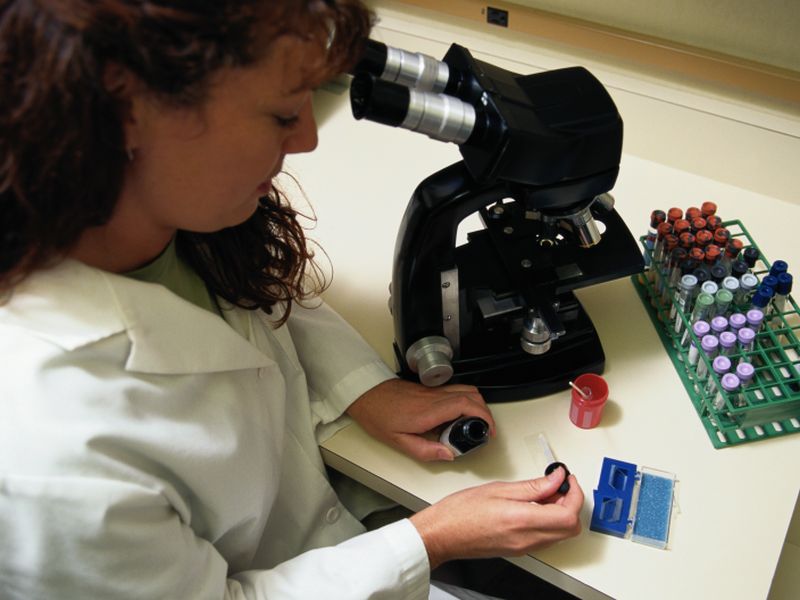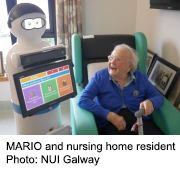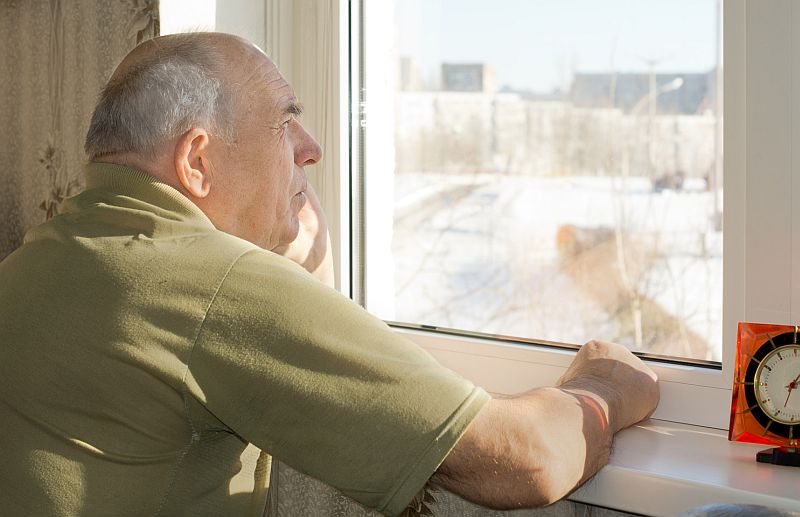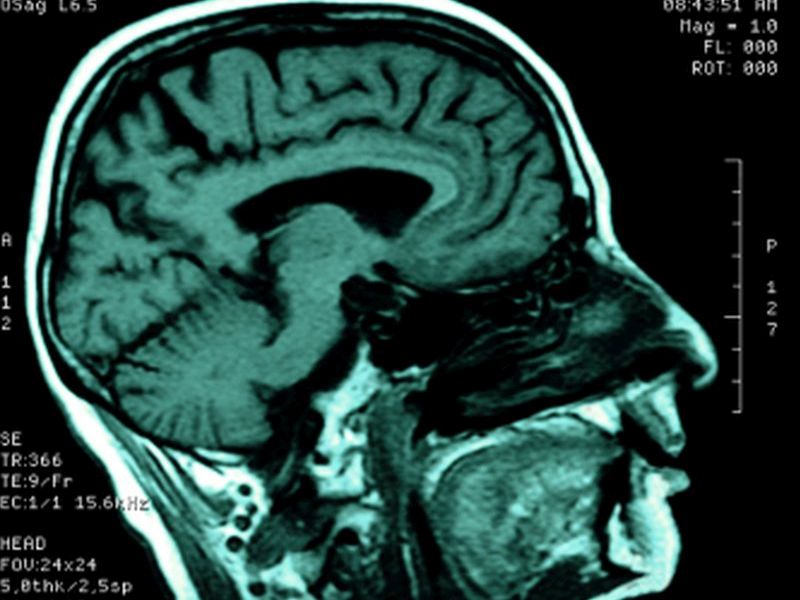Why Alzheimer’s May Be Tougher to Spot in Women
MONDAY, July 23, 2018 (HealthDay News) — If your memory starts slipping, your gender may play a role in whether or not you are diagnosed with Alzheimer’s disease, a new study suggests. How? Women excel in a skill called verbal memory — the ability to learn and remember verbal informationContinue Reading













